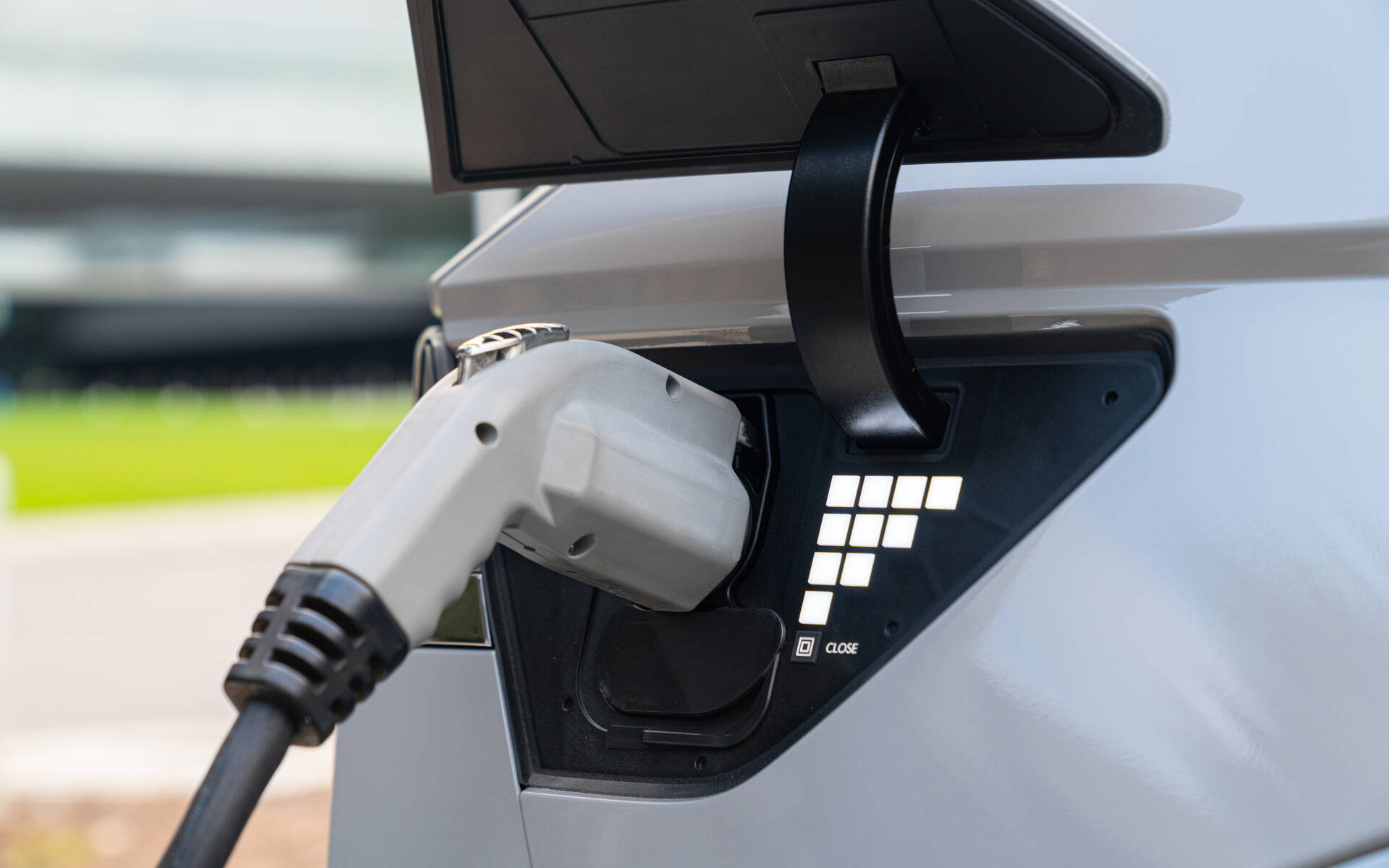Study Reveals EVs Are Far Less Reliable Than ICE-Powered Cars


U.S. magazine Consumer Reports today published its annual auto reliability rankings and one of its major findings is sure to add more fuel to a hotly debated topic: fully electric vehicles are said to be far less reliable than hybrids and those with an internal combustion engine only.
Consumer Reports’ rankings, just so you know, are based on data collected on more than 330,000 vehicles as reported by their owners, covering the 2000-2023 model years as well as some early 2024 models. Twenty potential trouble areas are considered (engine, transmission, EV battery, charging, body hardware, paint and trim, etc.).
Read also
- Study: Reliability, Satisfaction with Tesla Superchargers Easily Trump Competition
- Consumer Reports Says Most Reliable EVs Come From Tesla, Nissan
On average, EVs from the past three model years had 79 percent more problems than conventional vehicles.

“Most electric cars today are being manufactured by either legacy automakers that are new to EV technology, or by companies like Rivian that are new to making cars,” said Jake Fisher, senior director of auto testing at Consumer Reports. “It’s not surprising that they’re having growing pains and need some time to work out the bugs.”
Fisher added that some of the most common problems EV owners report are issues with electric drive motors (despite them having fewer mobile parts), batteries and charging (with the vehicle, not with home or public chargers).

EV sales leader Tesla lands near the middle of the pack in terms of brand reliability, according to Consumer Reports. Its Model Y crossover is recommended by the publication for the first time, with owners reporting fewer issues with the suspension, in-car electronics and general build quality than in previous years.
“While Tesla’s EV components are generally reliable, the company continues to struggle with the build quality of its vehicles,” noted Steven Elek, who leads the auto data analytics program at Consumer Reports. “Tesla powertrains are now pretty solid for the most part, but Tesla owners report a lot of build quality issues including irregular paint, broken trim, door handles that don’t work, and trunks that don’t close. All of these pull down the brand’s reliability score.”
Another popular EV, the Hyundai IONIQ 5, is no longer recommended by Consumer Reports due to issues with the battery and charging system.

The rankings also tell us that plug-in hybrid electric vehicles are the least reliable category, with 146 percent more problems than ICE-powered cars. Hybrids continue to be among the most reliable vehicle type: they have 26 percent fewer problems than conventional models.
Of course, there are always exceptions. The Toyota RAV4 Prime, for instance, is one of Consumer Reports’ top 10 vehicles overall in terms of predicted reliability for 2024 (bear in mind data comes from the U.S., where “Cablegate” affected fewer owners). Conversely, the Ford F-150 PowerBoost, a hybrid pickup, has transmission and other issues that buck the trend of strong hybrid reliability.







